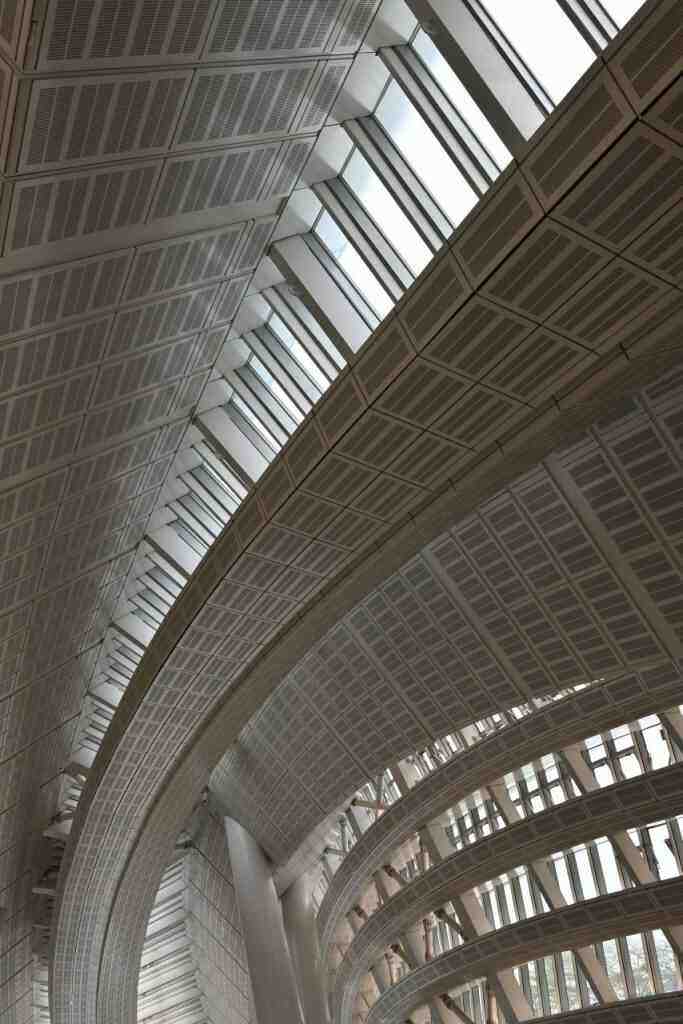Hong Kong’s Ongoing Economic Challenges Beyond 2023
A Delicate Balancing Act Amidst Structural Shifts and External Pressures
Hong Kong’s economy experienced a cyclical rebound in 2023, buoyed by a resurgence in consumer spending. However, the city’s economic recovery remains fragile, facing formidable structural challenges and external headwinds that could hinder sustained growth in 2024 and beyond. This article delves into the underlying factors impeding Hong Kong’s economic progress, considering domestic policy uncertainties, China’s economic slowdown, and geopolitical risks.
Structural Challenges: A Complex Web of Interconnected Issues
Despite the initial rebound in consumer spending, Hong Kong’s economy grapples with a multitude of structural challenges that dampen domestic economic activity. Elevated mortgage rates and a strong Hong Kong dollar have weighed heavily on local spending, further exacerbated by shifting consumer preferences and outbound tourism trends. The financial and real estate markets have also been buffeted by these challenges, with initial public offerings (IPOs) and property transactions plummeting to record lows in 2023, reflecting investor concerns about regulatory risks and weak economic sentiment.
External Headwinds: Navigating a Tumultuous Global Landscape
Hong Kong’s economic recovery is inextricably linked to global economic conditions, particularly those in mainland China. China’s economic slowdown and weak global sentiment towards China-related assets have exerted significant pressure on Hong Kong’s financial sector and asset prices. Geopolitical risks, including the ongoing US-China trade tensions and decoupling, have further impacted Hong Kong’s economy, leading to a decline in the number of foreign regional headquarters and offices in the city. The challenge lies in justifying Hong Kong’s role as a hub for firms seeking alternative markets beyond China in the face of changing global dynamics.
Long-Term Challenges and Uncertainties: A Path Fraught with Obstacles
Domestic policy uncertainties loom large over Hong Kong’s economic prospects. The lack of a clear vision for economic growth, coupled with the government’s ability to address pressing issues such as aging problems, labor shortages, and infrastructure projects, weighs heavily on investor confidence. Furthermore, China’s slowing growth is expected to continue dragging down Hong Kong’s economic prospects, especially if global sentiment towards China-related assets remains negative. Geopolitical risks, particularly the decoupling of the US and China, pose ongoing challenges for Hong Kong’s economy, potentially affecting its reliance on China and its role as a hub for trade and investment between China and the rest of the world.
Conclusion: Adapting to a Changing Economic Landscape
Hong Kong’s economy faces a complex interplay of immediate and long-term challenges in 2024 and beyond. While the city possesses unique structural advantages, its economic prospects are heavily influenced by domestic policy decisions, China’s economic deceleration, and US-China strategic competition. To ensure sustainable growth and prosperity, Hong Kong needs to address structural economic challenges, diversify its economy, and adapt to changing geopolitical realities. Embracing innovation, fostering a favorable business environment, and strengthening regional cooperation will be crucial in navigating the choppy economic waters ahead.
